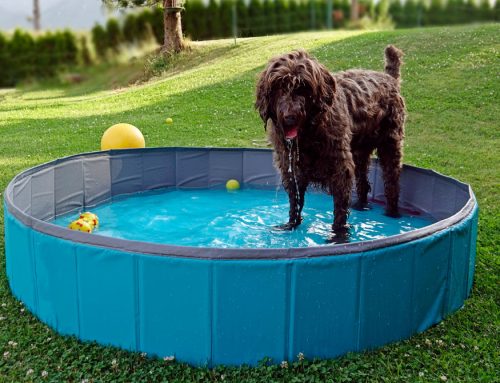Urinary Health for Dogs
What are urinary bladder stones?
Urinary bladder stones (also known as uroliths) are collections of mineral crystals that combine together to form a stone in the urinary bladder Less often, stones may form in the kidneys. The PH of your dogs urine affects the development of the crystals that lead to urinary bladder stones.
The most common type of stones/crystals is struvite, and these tend to form in alkaline urine. Other types develop in more acidic urine.
What causes urinary bladder stones?
There is no single cause of bladder stones. Factors that increase your pet’s likelihood of developing a problem include:
Infection – Bacterial infection of the bladder, causing alkaline urine, is the main cause of struvite crystal formation.
Food – High levels of certain minerals in food can increase the chance of crystal formation in urine. Magnesium and phosphate are mineral components of the most common crystal type struvite. Don’t feed a dog food with excessive amounts of these minerals. The food your dog eats also influences urine acidity (pH). This may encourage certain stones to form, so it’s important to feed the appropriate food.
Low water intake – Not taking in enough water leads to more concentrated urine, which may increase the likelihood of stones forming.
Breed – Certain breeds such as miniature Schnauzers, Dalmations, Yorkshire Terriers and Bulldogs are more prone to develop urinary bladder stones.
Does my dog have a urinary problem or bladder stones?
If your dog has urinary problems, he or she may become very uncomfortable. It’s important to contact our office immediately for a complete examination if you notice any of the following warning signs below.
- Straining when urinating
- Licking around the genital area
- Decreased urine flow
- Frequent attempts to urinate
- Incontinence
- Blood in urine
Important Note:
If your dog is not urinating frequently, a urinary blockage may be the cause. Consult our office immediately as this condition could be life threatening.







Leave A Comment